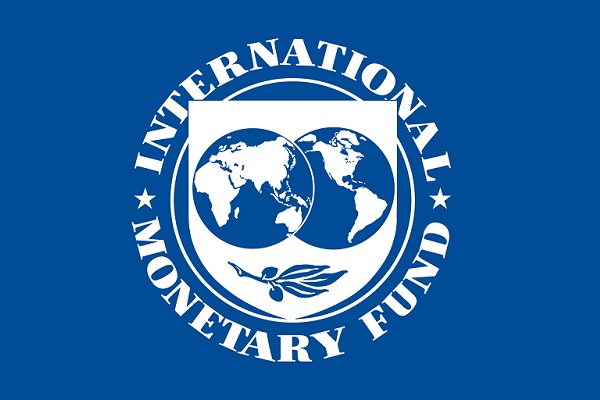
The International Monetary Fund’s (IMF) Executive Board of Directors on Monday approved the resumption of Pakistan’s Extended Fund Facility (EFF) program. With this, the cash-strapped country will get USD 1.17 billion as the 7th and 8th installments. This is big relief news for the neighboring country which is facing the havoc of floods.
Finance Minister Mifta Ismail said that the Board of Directors of the Monetary Fund has approved the resumption of the EFF program. He wrote on Twitter, “We will get USD 1.17 billion in 7th and 8th installments… I want to thank PM Shahbaz Sharif for taking such tough decisions and saving Pakistan from default. I congratulate the country”.
Pakistan and the Monetary Fund had also signed an agreement of $ 6 billion in July 2019. But in January 2020, the program got stuck and in March this year, it was revived for some time. But in June it was derailed again. But now the IMF has also approved an additional fund of one billion dollars. This has brought the total amount under the EFF program to US$ 7 billion and has been extended till June 2023.
The move comes after the IMF completed four billion US dollars in bilateral financing from four friendly countries, including China and Saudi Arabia, and would pave the way for immediate payments. The IMF board meeting was called after Saudi Arabia, the United Arab Emirates, Qatar, and China ratified the IMF. These four countries confirmed that they have completed the arrangement of US$ 4 billion as bilateral financing to Pakistan. This was the last hitch in the bailout package after completing all prior actions agreed under the Service Level Agreement (SLA).
The approval of the IMF board is expected to save the ever-decreasing foreign exchange reserves in Pakistan and strengthen the Pakistani rupee and meet the balance of payments. Ahead of the IMF board meeting, Prime Minister Shehbaz Sharif on Sunday accused ousted Prime Minister Imran Khan’s Pakistan Tehreek-e-Insaf party of trying to sabotage the agreement with the IMF, saying that the country would be affected by politics done for its own benefit. will be dealt with great injustice.
Pakistan’s currency slipped to an all-time low of 240 in April amid uncertainty over Imran’s expulsion and IMF aid. Earlier this month, New York-based rating agency S&P Global upgraded Pakistan’s long-term rating from ‘stable’ to ‘negative’ in view of rising inflation and tighter global financial conditions.
Pakistan’s debt from IMF, World Bank, China, and other countries has reached 70 percent of its total GDP. This information was given by Murtaza Syed himself, the acting governor of the State Bank of Pakistan (SBP) in July. At present, Pakistan has a total debt of 43 lakh crore Pakistani rupees. Out of this, a loan of Rs 18 lakh crore has been taken during the last three years. Due to the ever-decreasing foreign exchange reserves and gold reserves, repaying the installments of this loan is also proving to be a big challenge for Pakistan.
Fuel imports in Pakistan have been affected amid the economic crisis. Its direct effect is also seen in the inflation in the market. Inflation has also increased suddenly due to floods. In Pakistan’s most prosperous province of Punjab, the price of tomato has reached Rs 500 per kg, while the price of onion reached Rs 400 per kg on Sunday.
 Reports Stack News and Updates
Reports Stack News and Updates
